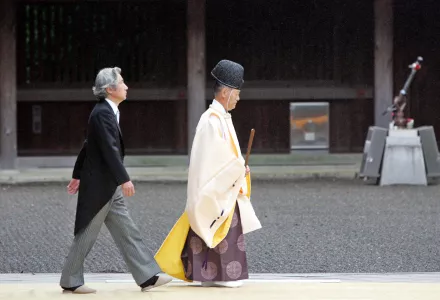
Abstract
Although China tends to be an important topic in election campaigns, the consequences of this rhetoric have not been systematically examined. We highlight the process by which China uses campaign rhetoric to make inferences about the intentions of new leaders in the US, Taiwan, and Japan. We identify two key criteria — consistency and change — that guide Chinese assessments. In turn, three patterns define Chinese policy toward new administrations: proactive engagement when campaign rhetoric is consistent with other indicators of policy change; reactive engagement when rhetoric is consistent with continuity; and a wait and see approach when rhetoric is inconsistent with the candidate's past actions and the reputation of close advisors. Our findings push back against arguments linking leadership transitions to international conflict. Rather than testing the resolve of new leaders with military probes, foreign states can use information overheard during elections to gauge their counterparts' intentions and ensure stability immediately after elections.
Miura, Kacie and Jessica Chen Weiss. "Campaign Rhetoric and Chinese Reactions to New Leaders ." Asian Security, (2020).
The full text of this publication is available via Asian Security.


